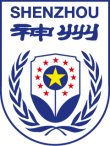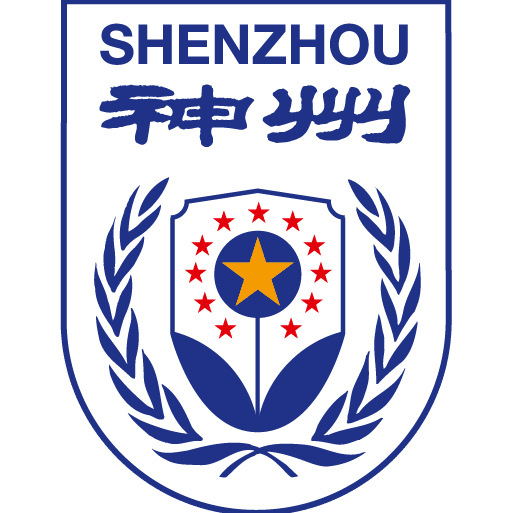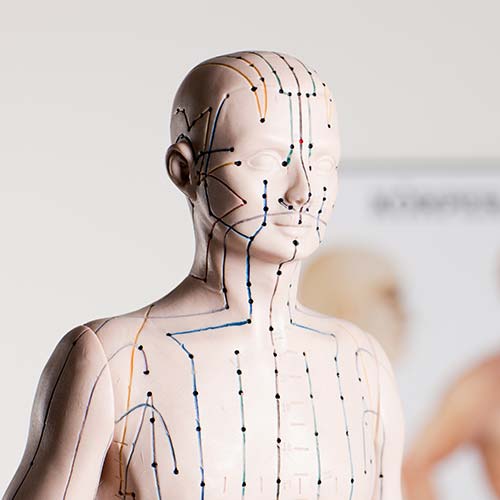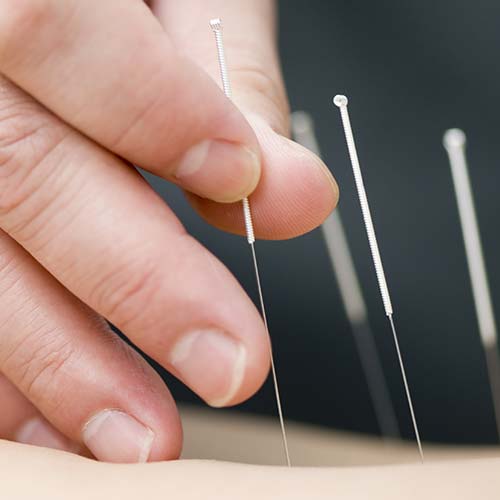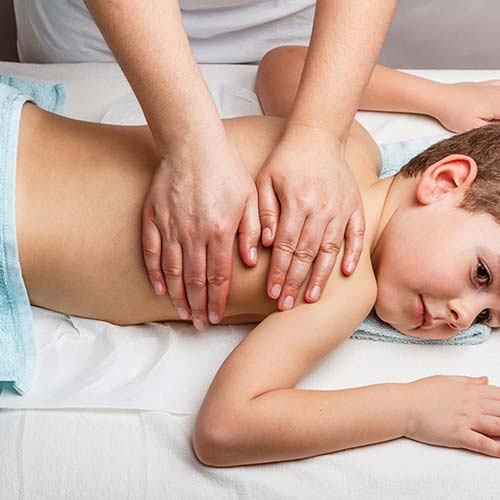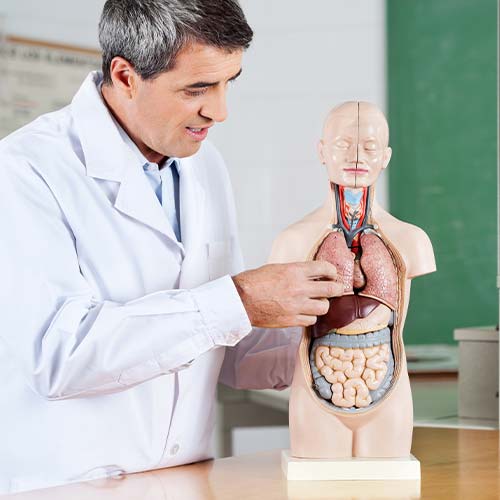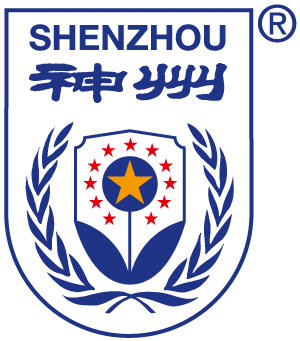When Mind meets Shen (fully booked, waiting list: 14 November)
14 November 2025 Susan Liu
Susan Liu
When Mind Meets Shen: Psychological Skills for Holistic Practitioners
Summary:
Shen (神) in Chinese medicine refers to the spirit within the Heart — our awareness, emotional depth, and presence. Shen is more than the mind: it is how we connect, respond, and heal.
Many holistic practitioners recognize the importance of treating Shen — but few are trained in how to work with the mind when it’s anxious, shut down, or emotionally dysregulated.
That’s what this workshop is for.
Modern psychology offers effective tools to support emotional balance, deepen presence, and stabilize Shen. In this one-day training, you’ll learn how to bring these tools into your treatments — through grounding techniques, communication skills, guided imagery, breathwork, and simple somatic practices.
This isn’t about becoming a psychotherapist. It’s about learning how to hold the mind gently, so the Shen can settle — and healing can truly begin.
Who: Dedicated holistic (TCM)-practitioners—acupuncturists, herbalists, massage therapists, energy workers, and bodywork specialists—seeking to enrich your Shen-oriented treatments with proven psychological tools.
Why: In TCM, a rooted Shen is the gateway to holistic healing. With psychological stress and emotional dysregulation on the rise, clients need more than needles and herbs—they need practitioners who can truly listen, empathize, and guide the mind. This workshop equips you to plant seeds of trust and resilience, transforming every Shen treatment into powerful mind-body synergy.
What: A dynamic, one-day hands-on experience (10:00–17:00) where you’ll learn and practice: active listening, unconditional positive regard, breath-centered grounding, guided imagery, progressive muscle relaxation, tactile support techniques, structured intake skills, and ethical referral protocols.
When: 10:00–13:00 (morning session), 13:00–14:00 (lunch), 14:00–17:00 (afternoon session)
Learning Objectives:
1. Master communication skills—active listening, empathy, and unconditional positive regard—to deepen client connection.
2. Perform holistic intake combining structured questions, reflective listening, and brief breathwork to assess Shen and psychological needs.
3. Guide clients through relaxation techniques—breath-centered grounding, guided imagery, progressive muscle relaxation, and cue anchoring—to stabilize Shen.
4. Build trust using transparency drills, empathic presence, and pacing strategies.
5. Integrate psychological tools into Shen-focused treatment plans ethically, including identifying red flags and referral protocols.
One-Day Agenda:
Time Session Format
10:00–10:30 Welcome, Introductions & Workshop Goals (Discussion)
10:30–11:15 Refreshing the Theories (Humanistic, CBT, Mindfulness & Somatic (Interactive Lecture)
11:15–11:30 Short break
11:30–12:15 Core Communication & Intake Skills (Workshop & Role-Play)
12:15–13:00 Practice: Active Listening, Trust-Building & Breathwork (Practice Exercise)
13:00–14:00 Lunch break
14:00–14:45 Practical Tools I: Relaxation Techniques & Guided Imagery (Experiential)
14:45–15:45 Practical Tools II: Tactile Support & Affirmations Demo & Practice (Demo & Hands-On)
15:45–16:00 Short break
16:00–16:30 Treatment Planning & Tracking (Small-Group Workshop)
16:30–16:45 Ethical & Referral Considerations (Discussion)
16:45–17:00 Wrap-Up, Reflection & Next Steps (Group Reflection)
 Susan Liu
Susan Liu
Price
Student discount
Shenzhou student: 15%
External TCM student 5%
(Limited places available for students)
Please see the payment and registration conditions for seminars in the registration form.
Accreditation
- NVA WM-C, Zhong 7 NAPs Cat. 2A, VBAG, LVNT, NWP
Dates & Time
10 am – 17 pm (1 hour break)
Location
Geldersekade 67, 1011 EK Amsterdam
Language
Levels of experience
- Acupuncturist, Herbalist or final year student
- Therapist with valid MBK (WM) diploma
- Shiatsu therapist
Number of participants
More WM seminars

When Mind meets Shen (fully booked, waiting list: 11 December)
Modern psychology offers effective tools to support emotional balance, deepen presence, and stabilize Shen. In this one-day training, you’ll learn how to bring these tools into your treatments —
through grounding techniques, communication skills, guided imagery, breathwork, and simple somatic practices.
This isn’t about becoming a psychotherapist. It’s about learning how to hold the mind gently, so the Shen can settle — and healing can truly begin.
Read more >

Domestic Violence (WM-C)
Domestic violence is a critically under-diagnosed issue that exists within the patient population of every healthcare practitioner. It affects individuals across all genders, ages, and social strata—from women, men, and children to the elderly. Yet, the majority of cases remain hidden and unreported.
This impactful one-day seminar—previously accredited by the Dutch Medical Association (KNMG)—provides essential knowledge for any healthcare professional.
Join us to gain the confidence and skills to view patient injuries through a different lens and play a vital role in breaking the cycle of abuse.
Read more >
